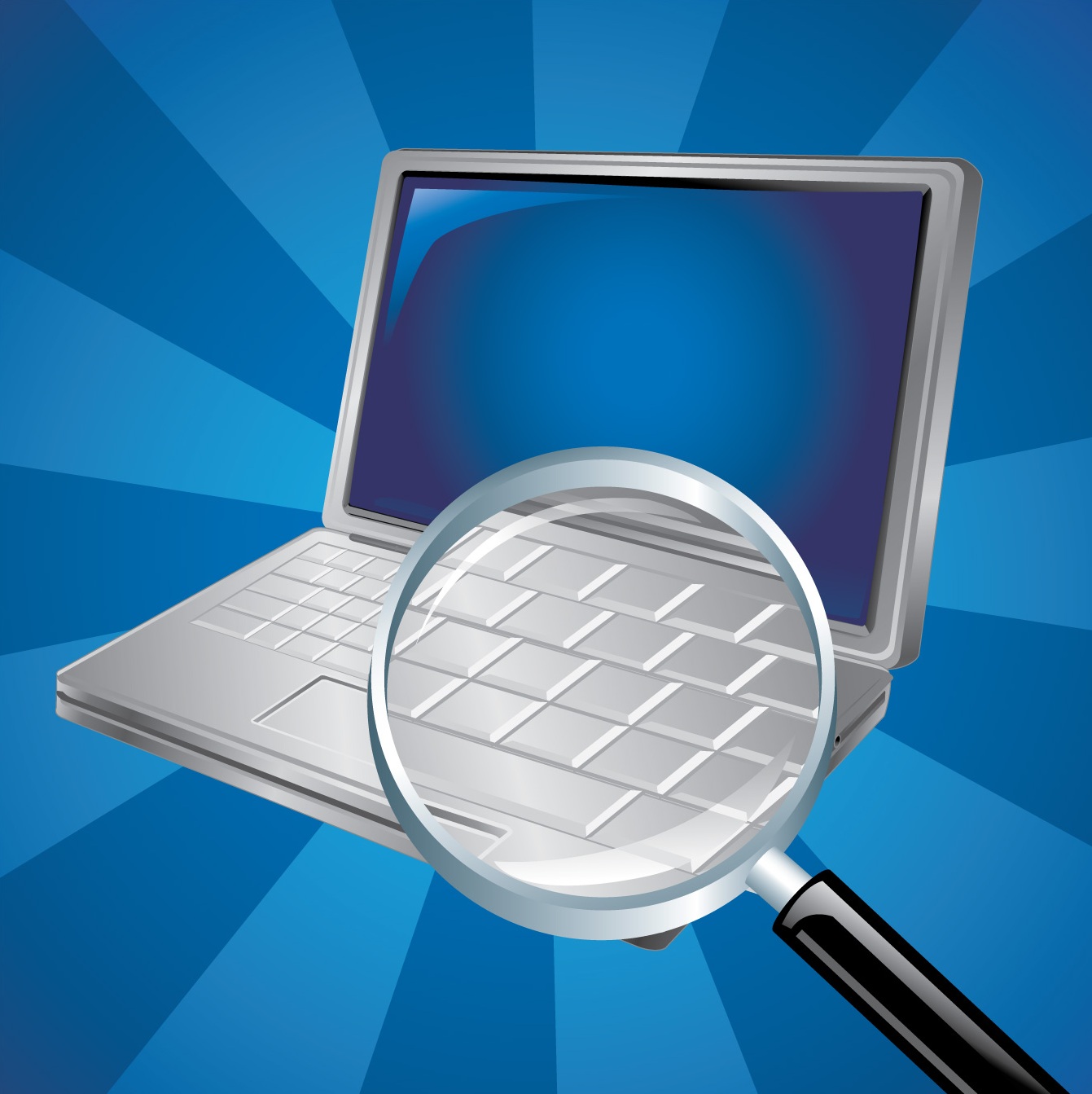California’s Electronic Discovery Act (the “Act”) obligates counsel to consider any issues relating to the discovery of electronically stored information” at the mandatory initial meet and confer. By passing the Act, the California Legislature recognized that the digital revolution has changed the way businesses, clients, consumers, and professionals manage, access, and save documents and information. The office of today bears little resemblance to the typewriters, dictaphones, and adding machines commonly seen throughout the workplace in the 1960’s and depicted on AMC’s television series Mad Men. These antiquated machines have been replaced by inexpensive personal computers that complete the tasks and manage the information of multiple machines in a fraction of the time. The use and storage of digital information poses new responsibilities and challenges for attorneys in protecting and promoting their clients’ interests.
Electronically stored information (“ESI”) creates new duties and responsibilities for  attorneys. California’s Rules of Professional Conduct require every attorney to apply the diligence, learning and skill reasonably necessary for the performance of their services. The pervasive use and reliance on electronic data demands that attorneys be computer literate to fulfill this duty and understand the role electronic data and documents play in litigation. In addition, the California Supreme Court has made it clear that lawyers must instruct their clients to preserve and maintain any potentially relevant evidence. In the modern era, a large amount of relevant evidence comes in the form of ESI. ESI can be a separate and distinct category of information from what is contained in an electronic document’s paper counterpart. For example, many electronic documents contain “metadata,” which is commonly defined as “data about data.” More specifically, metadata is “information describing the history, tracking, or management of an electronic document.” As an illustration, if an attorney produces an electronic document, but erases the metadata, it is like copying only the front of a paper document that has print on both sides. A failure to understand metadata risks the loss of valuable information.
attorneys. California’s Rules of Professional Conduct require every attorney to apply the diligence, learning and skill reasonably necessary for the performance of their services. The pervasive use and reliance on electronic data demands that attorneys be computer literate to fulfill this duty and understand the role electronic data and documents play in litigation. In addition, the California Supreme Court has made it clear that lawyers must instruct their clients to preserve and maintain any potentially relevant evidence. In the modern era, a large amount of relevant evidence comes in the form of ESI. ESI can be a separate and distinct category of information from what is contained in an electronic document’s paper counterpart. For example, many electronic documents contain “metadata,” which is commonly defined as “data about data.” More specifically, metadata is “information describing the history, tracking, or management of an electronic document.” As an illustration, if an attorney produces an electronic document, but erases the metadata, it is like copying only the front of a paper document that has print on both sides. A failure to understand metadata risks the loss of valuable information.
Because of ESI, attorneys face new challenges in conducting and managing discovery for their clients. Litigators must consider the discovery of ESI to anticipate the time necessary to complete discovery and establish a plan for obtaining all relevant information. A few of the issues or questions that must be considered in discovering relevant ESI include: the number of computers, number of users, programs used (including proprietary software), policies on storing ESI, remote data storage, the names of network administrators, and file formats to request (i.e., doc, docx, xls, pdf, tif, etc.). Also, prudence may require the attendance of an information technology (“IT”) expert at the meet and confer. Employing the help of IT experts will assist those who are less computer-savvy in locating and securing relevant ESI. Depending on the amount of ESI, it may be helpful to depose a member of the opposing party’s IT staff as a person most knowledgeable.
Well-orchestrated electronic discovery has many benefits in litigation. As discussed above, electronic documents can provide valuable details (metadata) about a particular electronic document like who, when, and where that document was created. Moreover, reviewing electronic documents can increase efficiency because the information can be searched for key terms, phrases, and issues. But if a production request doesn’t specify whether the document should be produced in electronic or paper form, the producing party can choose. Federal courts have held that acceptance of documents in paper form satisfies the production obligation and the accepting party has waived any objection to the form of the document produced. Therefore, the electronic version and any metadata contained within the document will be lost.
The California Legislature has recognized the important and ubiquitous nature of ESI in modern litigation. The effective litigator will also observe its importance and develop a strategy for preserving and discovering ESI.





